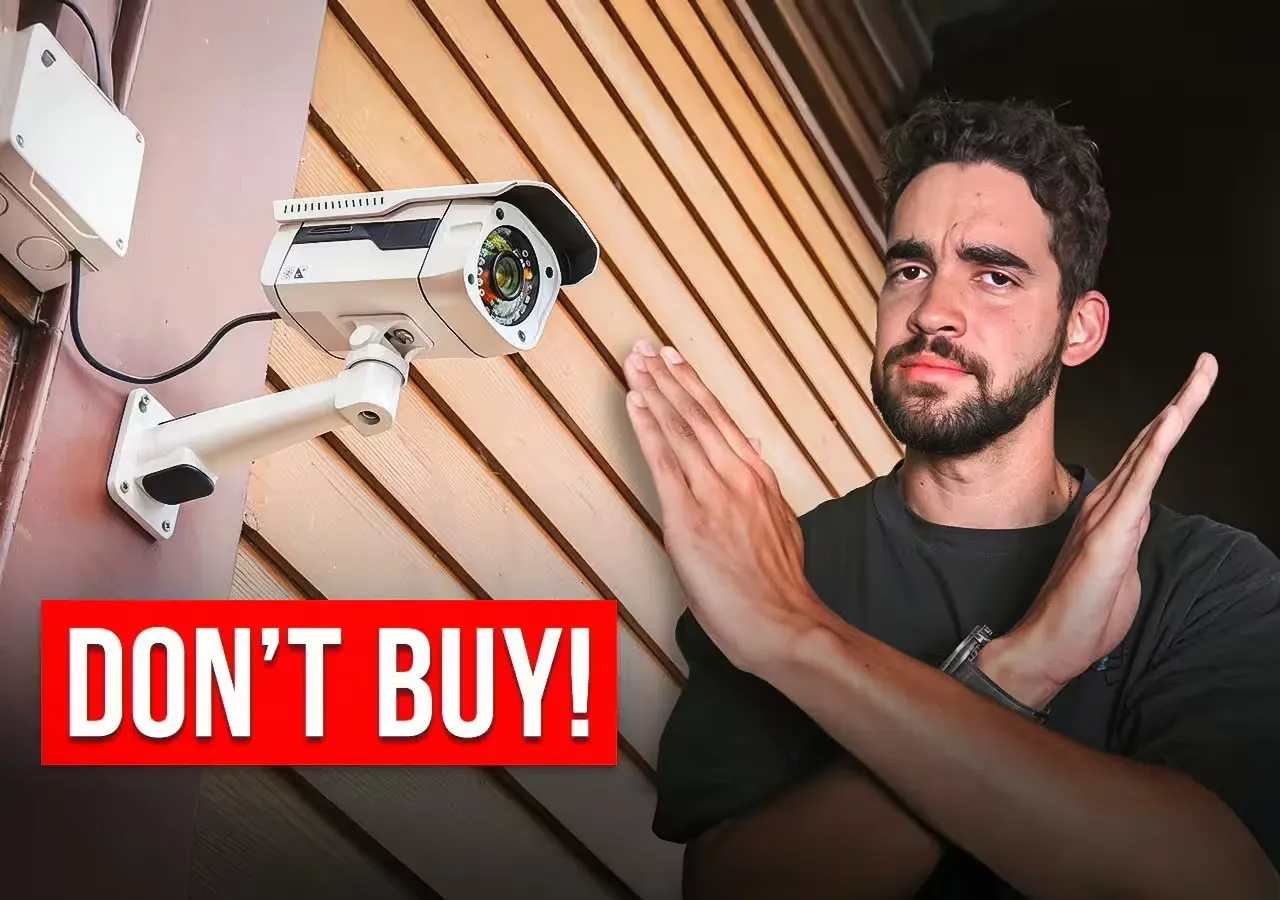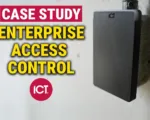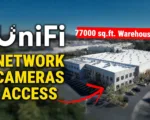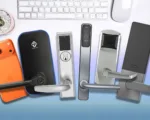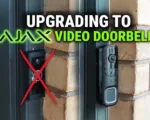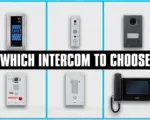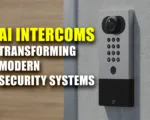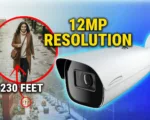
Welcome to the Pipl Systems Media Portal! Today we dive into what really matters when it comes to protecting your home in 2024 with security systems. Please don’t fall into the trap of buying every new device; let’s focus on the essentials that provide genuine protection and peace of mind.
Home security isn’t about a single device—it’s a network of security systems working together to create layers of safety for your property. In this article, we’ll break down the key components you need for an effective security setup and explain why they’re vital. Let’s jump in and discover which devices will offer the highest value for your investment without unnecessary additions.
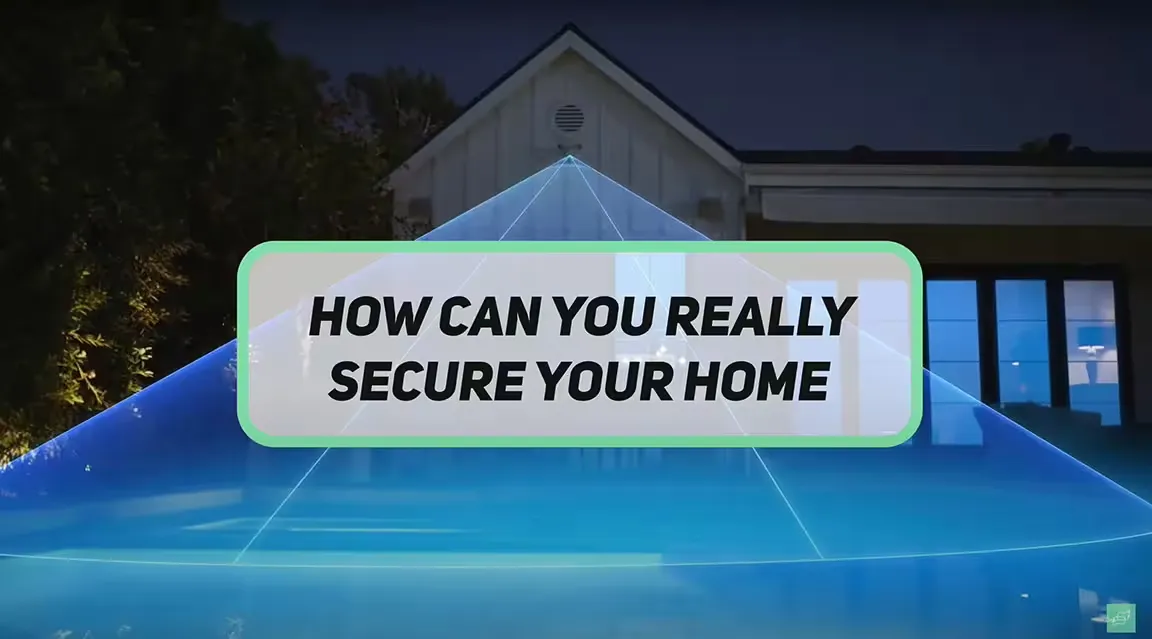
Building a Strong Foundation in Home Security
Creating a reliable home security setup begins with the understanding that no single device can provide complete protection. The best approach involves a combination of systems, each playing a role in securing different areas and aspects of your property. By building a security system with these essential components, you’ll establish multiple layers of defense that deter, detect, and respond to potential threats.
An effective residential security system isn’t just about cameras or sensors; it’s about integration and strategy. This article focuses on five crucial systems that work together to safeguard your home from various security threats.

1. Video Doorbell or Intercom System: The First Line of Defense
When someone approaches your home, the video doorbell or intercom system serves as the first point of contact. This device provides a real-time view of who’s at your doorstep, allowing you to assess potential risks before even opening the door. It’s not only a means of convenience but also a critical security feature.
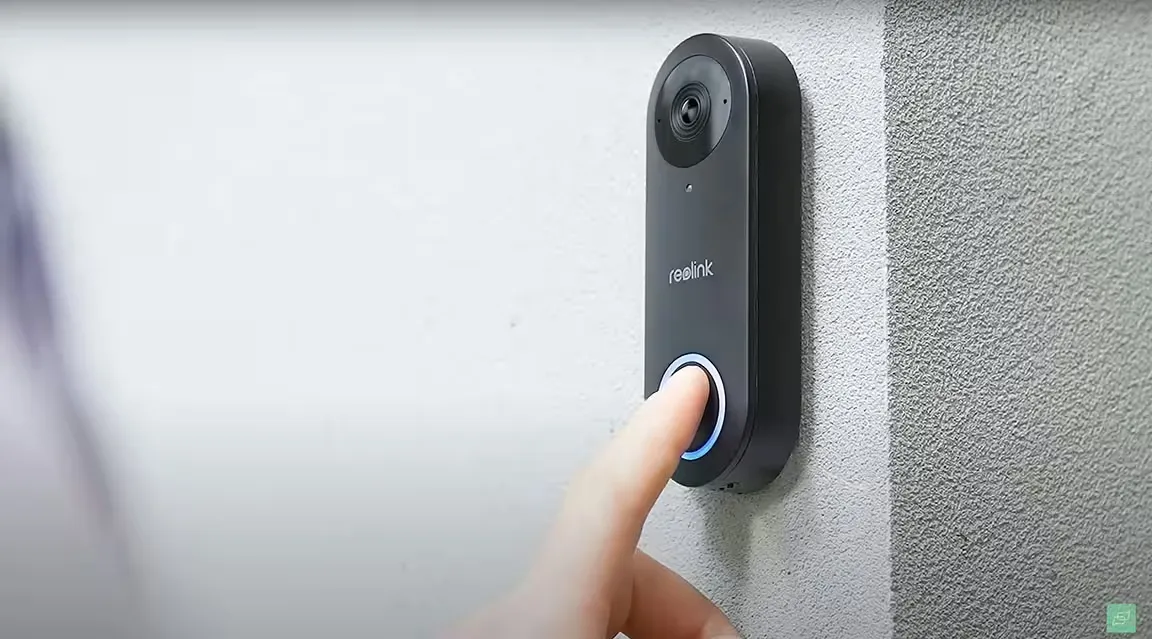
- Monitor and Communicate: Whether it’s a delivery person or a stranger, a video doorbell lets you verify their identity without physical interaction. This feature is invaluable for deterring potential intruders who might otherwise check for occupancy by ringing the bell multiple times.
- Remote Access: Modern video doorbells often include app support, so you can see and communicate with visitors even if you’re away. Imagine being on vacation and still having the ability to manage deliveries and monitor your property.
- Prevent Opportunistic Intrusions: In the past, burglars would ring the bell to see if anyone was home before attempting a break-in. Now, with a video doorbell, you can talk to them as if you’re inside—even if you’re not—sending a clear message that your home is monitored.
Example in Practice: If you’re enjoying a day at the beach, you can still “answer” your door and speak to visitors. This capability adds an extra layer of security that keeps potential intruders guessing about your location, making your home a less appealing target.

2. Access Control System: Beyond Traditional Keys
Gone are the days when keys were the only way to secure your home’s entry. An access control system offers a modern, more secure approach to managing who can enter your property. Traditional keys can be lost or duplicated, but access control systems provide a customizable, high-tech alternative.
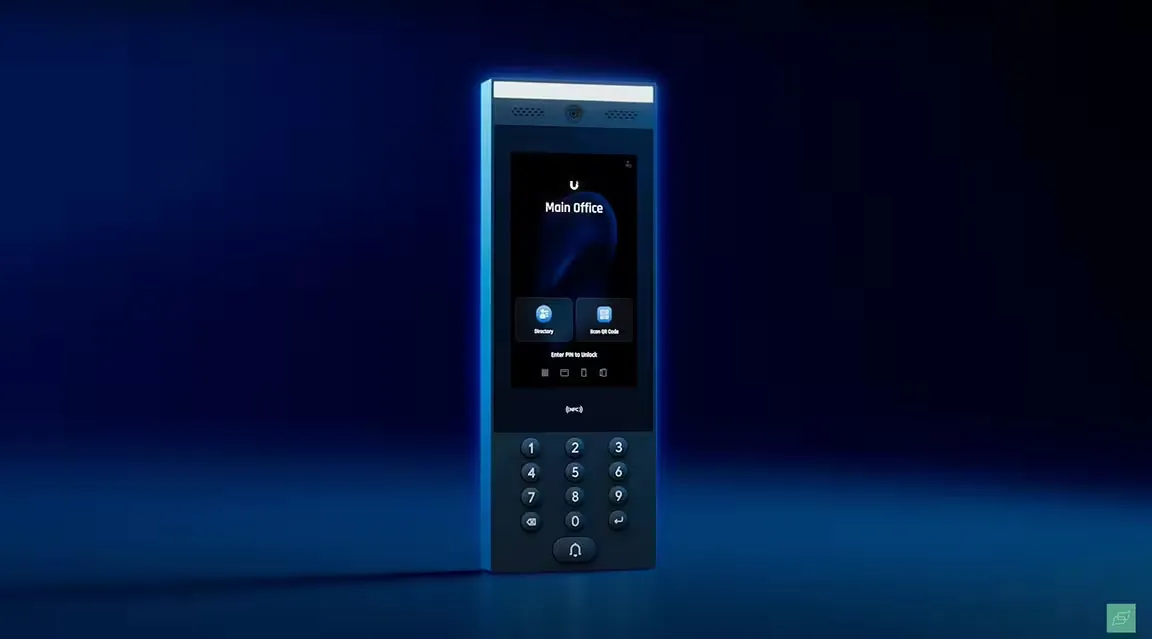
- Keypad Locks and Fingerprint Scanners: These systems allow you to enter your home with a secure code or biometric verification, which is much harder for unauthorized people to bypass compared to a standard lock and key.
- Smartphone Integration: Many access control systems offer app functionality, allowing you to unlock doors with your phone. You can also grant temporary access codes to guests or service providers, so you don’t have to worry about hiding a spare key under the doormat.
- Enhanced Security and Convenience: With access control, you eliminate the risk of key loss or theft. For families with children, or if you frequently forget your keys, this system provides a secure and convenient alternative.
Consider This Scenario: Let’s say you accidentally lock yourself out. Instead of scrambling for a spare key, you can use a smartphone app to unlock the door remotely. This also makes it easy to give access to trusted friends or family members without the need to duplicate keys.
Essential Tips for Maximizing Your Home Security Setup
In addition to these critical systems, keep in mind a few strategic tips that can further bolster your security:
- Layer Your Security: Each system has its strengths, but combining them creates a robust defense. A video doorbell alone might deter intruders, but pairing it with an access control system increases security significantly.
- Integrate with Existing Devices: Many home security systems can be linked to existing smart home devices. For example, a smart lighting system that activates when the video doorbell detects motion can be an additional deterrent.
- Regularly Update Access Codes: For keypad and access control systems, change codes periodically to ensure they remain secure. Avoid easy-to-guess combinations like “1234” or “0000.”
Video Doorbell vs. Intercom System: Choosing the Right Fit
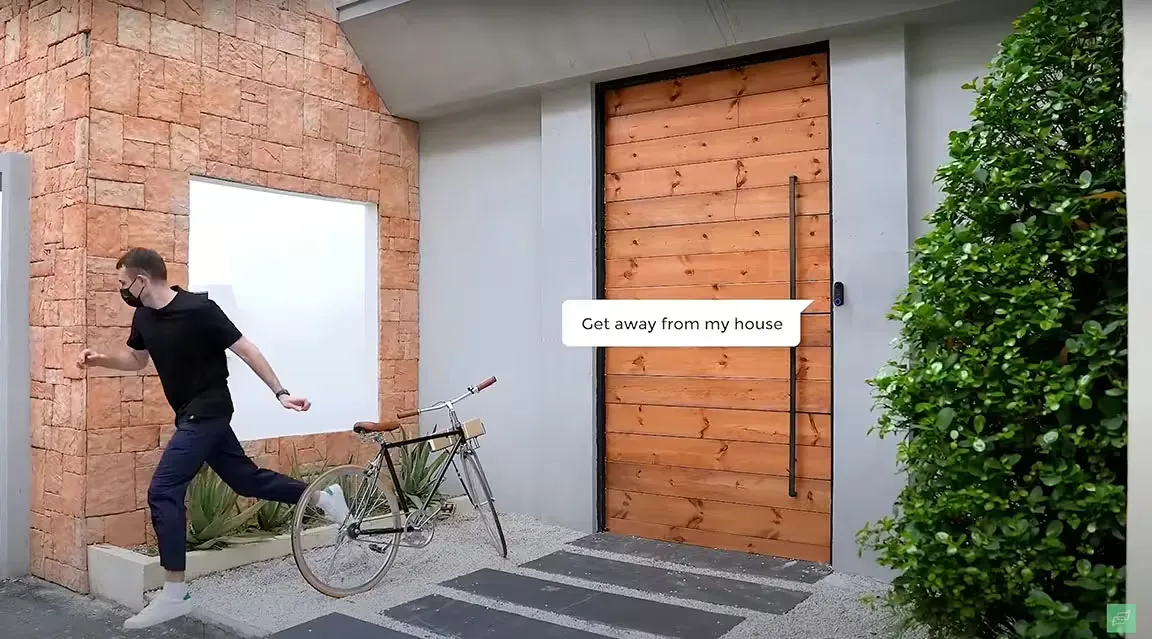
While video doorbells and intercom systems serve similar purposes, there are distinct differences to consider based on your needs:
- Video Doorbells: Best for homeowners looking for a straightforward way to see who’s at the door. They’re ideal for smaller properties and can easily be integrated with other smart home systems.
- Intercom Systems: More suited to larger properties or those with multiple entry points. Intercoms allow communication across different zones within the property, making them ideal for estate-like settings.
Choosing between the two depends on the layout of your home, the level of control you need, and whether you’re looking to integrate multiple entry points.
Access Control for Entry Doors: Simplifying Security for Modern Homes
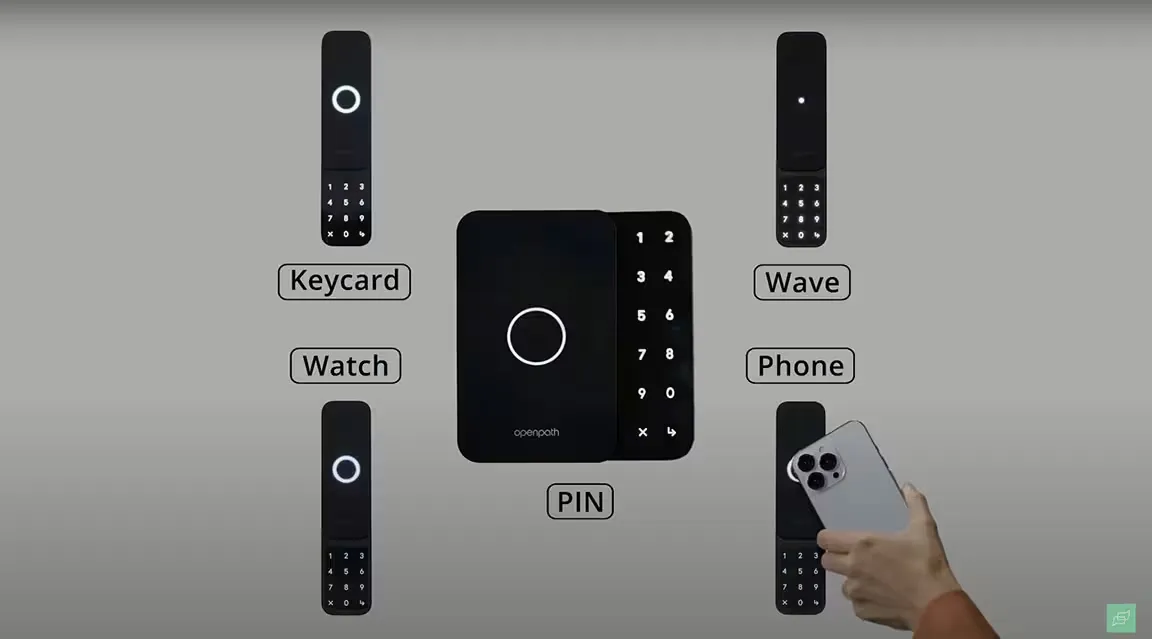
Access control systems go beyond providing a keyless entry; they represent a step toward a fully automated, secure home. By replacing traditional locks with digital solutions, you gain control over who enters and when, significantly improving your home’s safety.
- No More Lost Keys: For households where people frequently lose keys, an access control system removes that stress by using codes or biometrics instead.
- Guest Access with Ease: Expecting a service provider while you’re away? Many access control systems allow you to generate temporary codes that expire after a certain time, maintaining security without compromising convenience.
Implementing an access control system simplifies home security, making it more adaptable to modern lifestyles. With added features like remote management, these systems provide flexibility and peace of mind.
Ensuring the security of your home requires more than just a single device; it’s about creating a cohesive, integrated system that addresses various aspects of protection. From video doorbells that let you monitor visitors remotely to access control systems that remove the need for physical keys, these components work in harmony to enhance your home’s defenses.
As we move further into 2024, the importance of an adaptable and layered security approach has never been clearer. Investing in these essential systems offers both convenience and protection, providing peace of mind for you and your family.

Video Surveillance: A Watchful Eye for Constant Monitoring
Video surveillance is one of the most recognized components of a home security system. These systems act as a vigilant observer, keeping an eye on your property at all times. They record any activity that occurs, providing valuable footage that can be essential for various purposes.
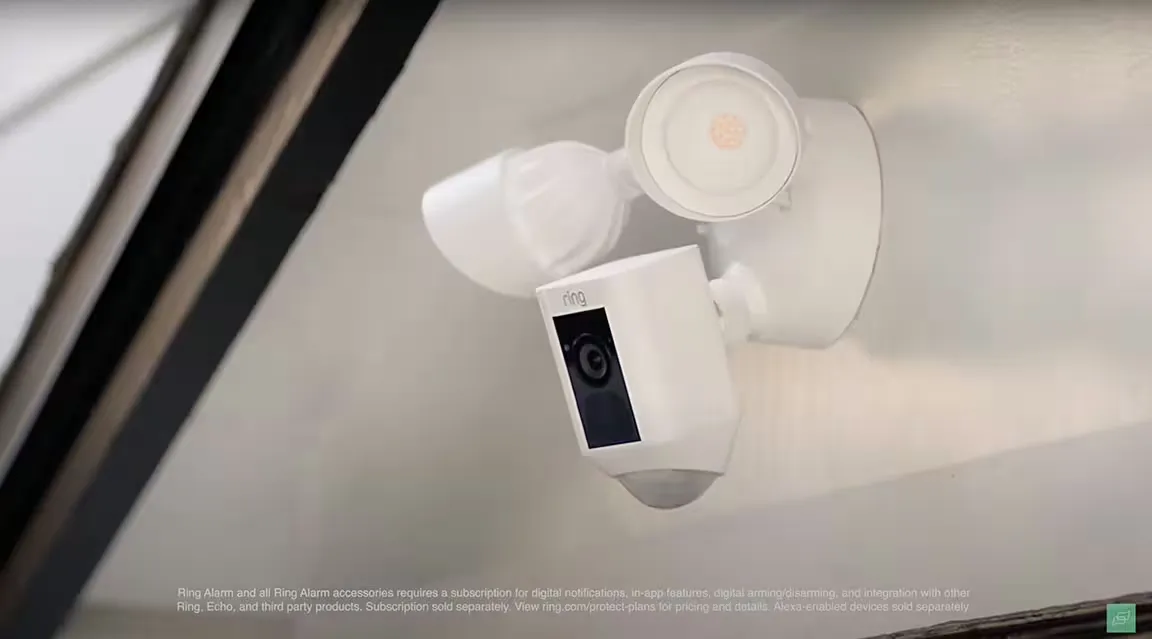
- Crime Deterrence: Cameras serve as a visible deterrent for criminals. Knowing they are being recorded often discourages potential intruders from attempting a break-in. The presence of cameras alone can make a would-be burglar think twice.
- Activity Monitoring: Video surveillance allows you to monitor everyday occurrences, such as checking if your children arrived home safely or confirming the delivery of a package. Strategically placed cameras—at entry points, driveways, and backyards—can capture clear images of anyone approaching.
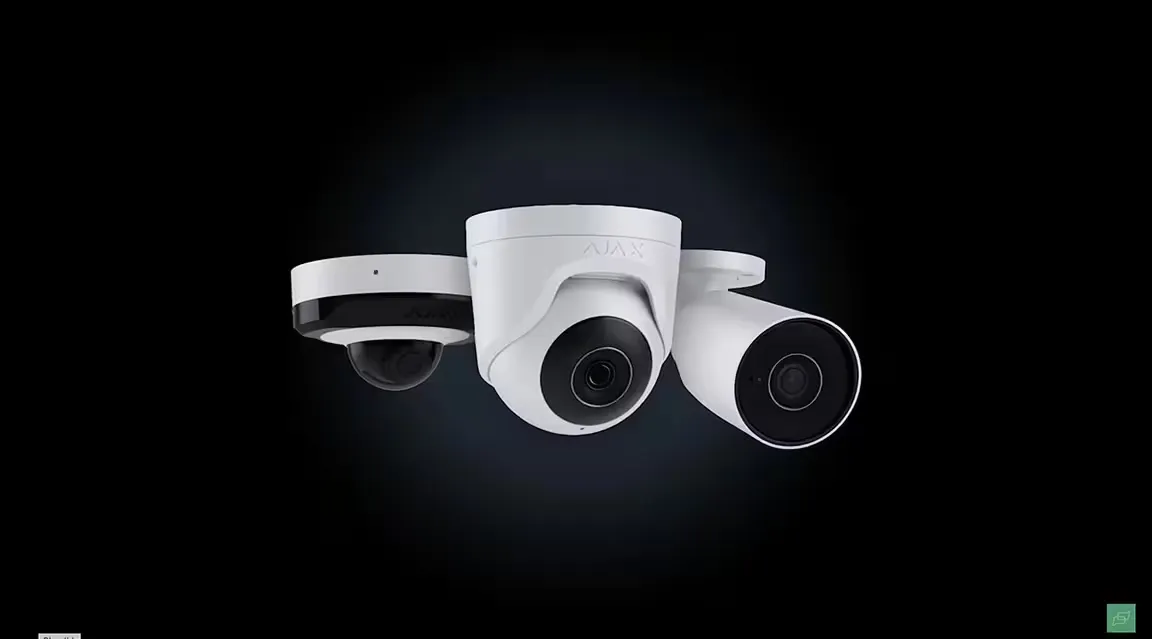
- AI-Powered Detection: Modern cameras, like those in the Ajax ecosystem, come equipped with AI capabilities, offering features such as human, vehicle, and motion detection. This technology can reduce false alarms by focusing only on relevant movements, ensuring you’re alerted only when necessary.Example: Imagine receiving a notification alert on your phone whenever a person approaches your front door. This alert system allows you to verify the individual’s identity, whether it’s a friend or an unknown visitor. In many systems, you can customize detection scenarios based on your needs.
- Active Deterrent Cameras: Some advanced surveillance cameras go a step further with active deterrence features. For instance, cameras with red and blue lights that flash or even emit loud sounds when an intruder is detected after hours. This immediate response can startle potential intruders, discouraging further attempts to trespass.
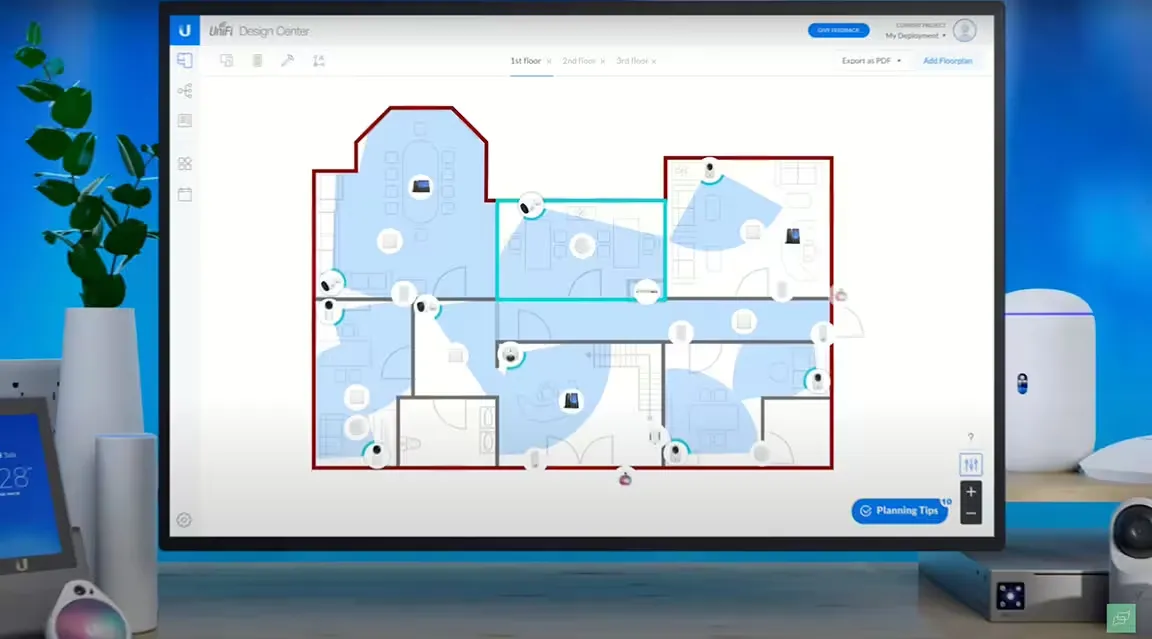
In Summary: Video surveillance provides a continuous, watchful presence around your home. Whether through visible deterrence or active alarms, these systems add a layer of security that can make any intruder think twice before approaching.

Intrusion Detection Systems: Your Silent Guardian
Think of intrusion detection systems as a safeguard you hope never to need, but are glad to have in case of emergency. These systems, including motion sensors, door and window contacts, and glass break detectors, provide a silent yet vigilant defense against unauthorized entry.
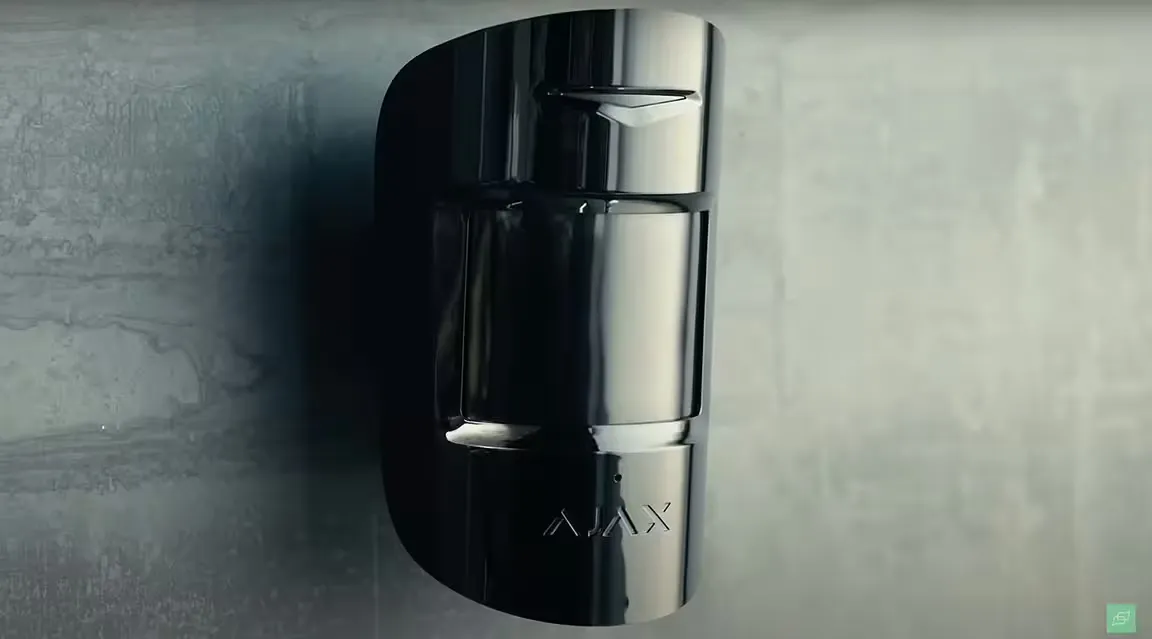
- Motion Sensors: Installed in critical areas, motion sensors detect any movement within your home. These sensors can trigger alarms or notify you if someone is moving inside while the system is armed.
- Door and Window Contacts: These sensors detect the opening of doors and windows. If someone tries to open a door or window forcefully, the contacts will trigger an alarm, alerting you and potentially scaring away the intruder.
- Glass Break Detectors: A crucial component for homes with large windows, glass break detectors listen for the specific sound frequency of breaking glass. This early detection system can activate an alarm before an intruder even steps inside, giving you an early alert to take action.Real-World Scenario: Suppose someone tries to force open a window in your living room. Before they can even enter, the glass break detector picks up the sound of breaking glass, instantly triggering an alarm. This unexpected alert often deters intruders, keeping them from proceeding further.
- Peace of Mind: Intrusion detection systems offer peace of mind, especially when you’re away from home. Knowing that any unauthorized entry will be detected immediately allows you to feel secure, whether you’re at work or on vacation.
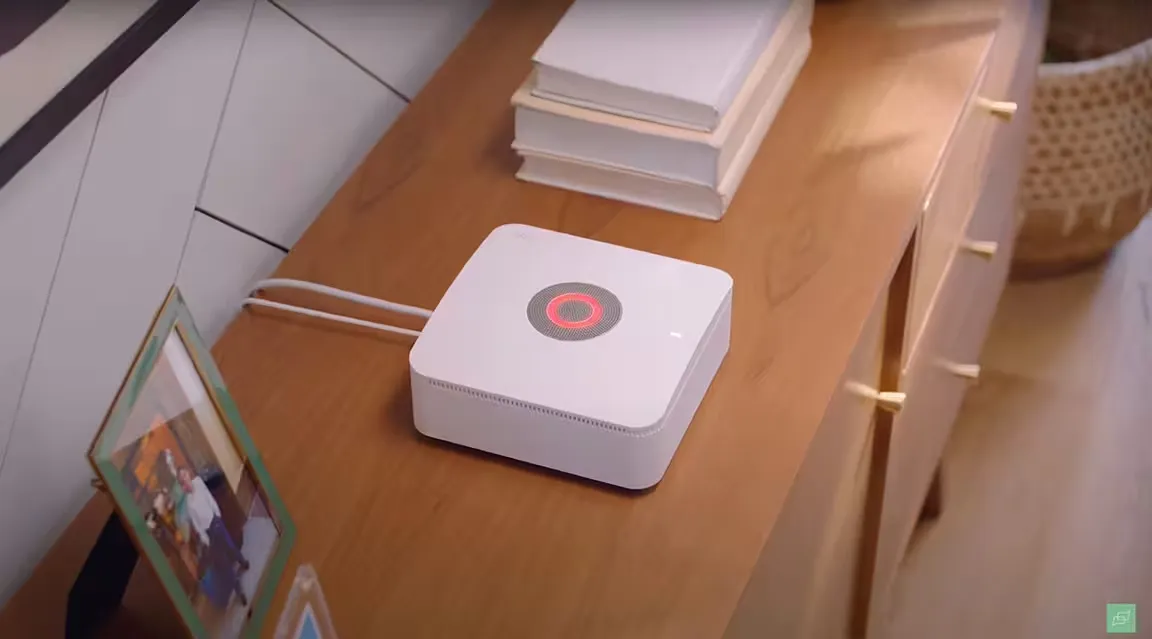
In Summary, Intrusion systems are the “silent guardians” of your home. They monitor unusual activities and alert you instantly, giving you time to respond and potentially preventing a burglary.

Fire Protection: A Lifesaver in Critical Moments
A fire protection system is an indispensable part of any home’s security setup. Fires can spread rapidly, turning a small flame into a dangerous blaze in mere minutes. Having an effective fire detection system can mean the difference between life and death.
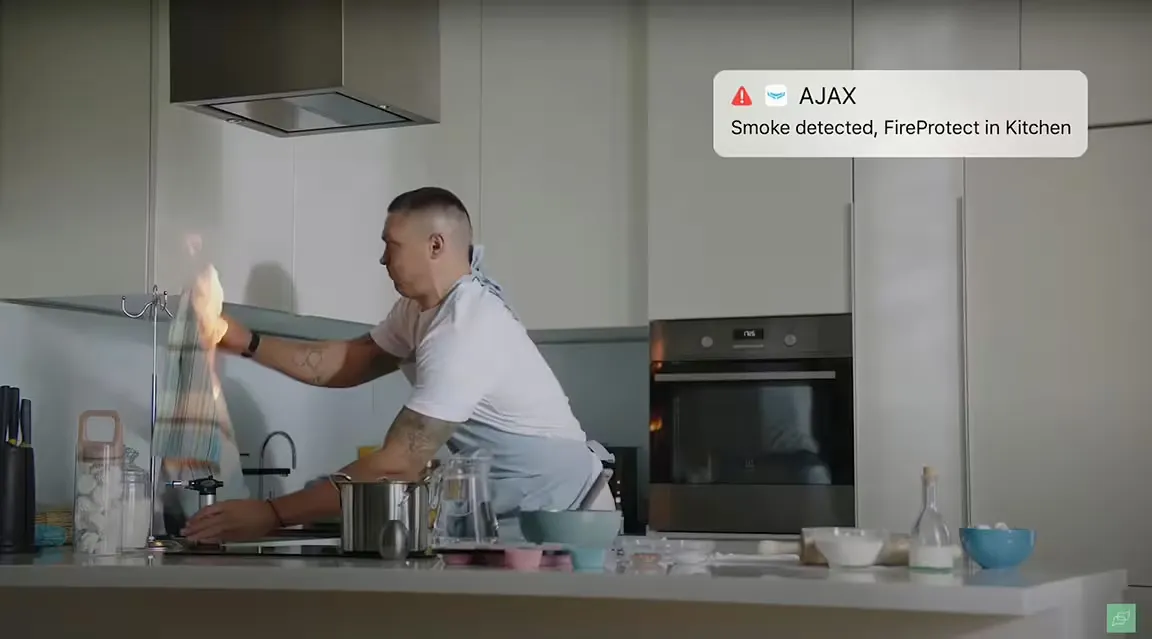
- Smoke Detectors: Smoke detectors are designed to alert you at the first sign of smoke, signaling a potential fire before it spreads. Early detection is crucial, especially if a fire starts at night while everyone is asleep.
- Fire Alarms: Fire alarms emit a loud noise when activated by smoke or heat, giving you precious time to evacuate. These alarms can be interconnected throughout your home, ensuring everyone is alerted simultaneously, regardless of where they are.
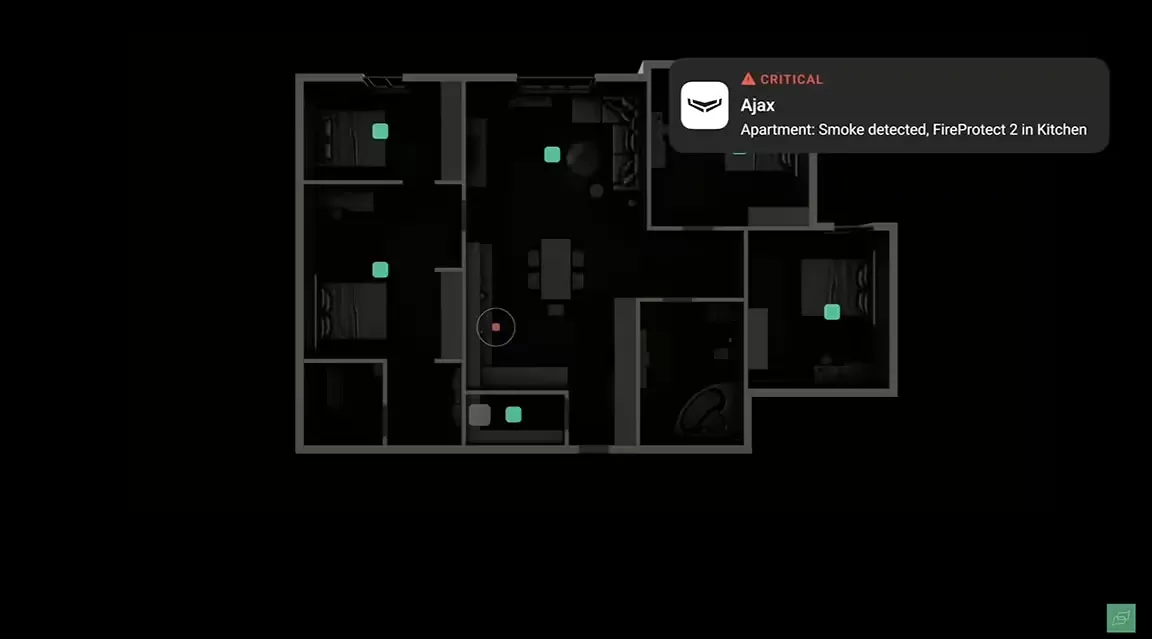
- Quick Response Time: Early warning systems, such as interconnected smoke detectors, give you a few extra minutes to act. In case of a kitchen fire, for example, a smoke detector will sound an alarm immediately, allowing you to extinguish the flame or evacuate safely.Example in Action: Imagine a small fire starts in your kitchen due to a cooking mishap. A smoke detector will activate instantly, triggering an alarm and alerting you before the flames spread. Those few seconds or minutes can be lifesaving, allowing you to prevent further damage or escape safely.
- Statistics to Consider: According to recent data, approximately 356,000 residential fires occurred in the U.S. last year, resulting in over 2,000 deaths and more than 11,000 injuries. Nearly half of these incidents were linked to cooking equipment. This highlights the importance of having a well-maintained fire protection system in place.
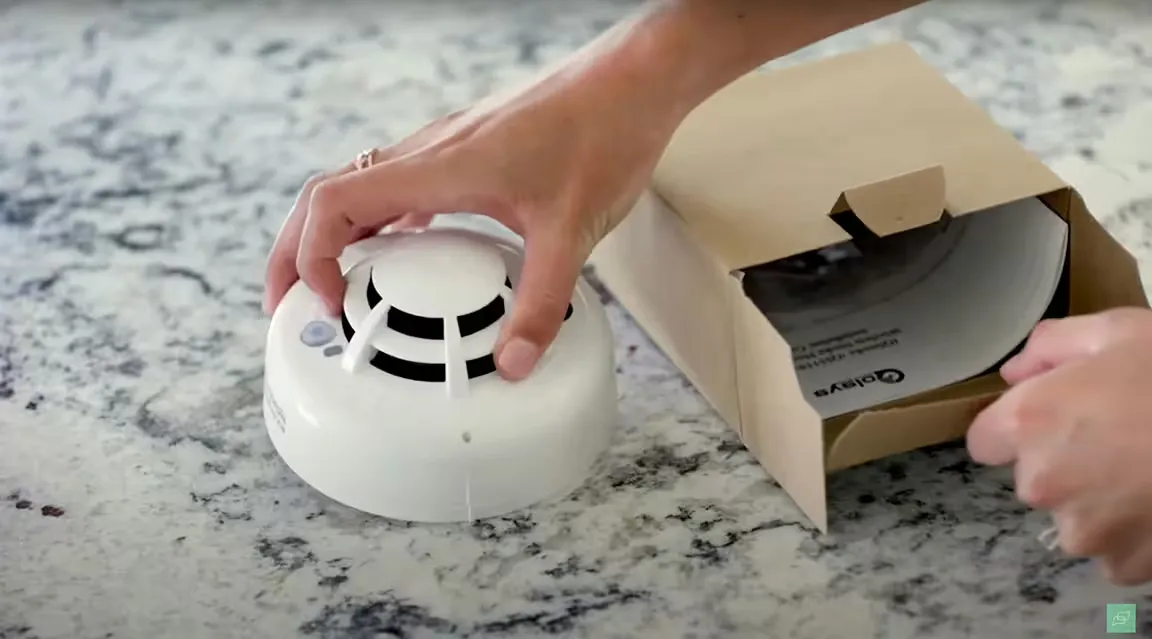
In Summary, Fire protection systems are essential for early detection and swift response to potential fires. Whether it’s a small kitchen fire or a larger threat, smoke detectors and fire alarms provide critical alerts that can save lives and reduce property damage.
Expert Tips for Strengthening Your Security System
To ensure that your security setup is comprehensive and effective, here are a few additional tips:
- Test Your Devices Regularly: Make sure all sensors, cameras, and alarms are functioning correctly. Many systems have self-testing features; use them to ensure everything is operational.
- Optimize Camera Placement: Install cameras at strategic entry points, such as the front door, backyard, and garage. Ensure they cover all essential areas to maximize your surveillance coverage.
- Integrate Systems When Possible: Many modern security devices are compatible with each other. For instance, integrating video surveillance with intrusion detection allows for seamless communication between devices, providing a cohesive and powerful security network.
- Keep Fire Protection Updated: Smoke detectors and fire alarms should be tested monthly. Replace batteries regularly, and consider upgrading to interconnected systems if your current setup is outdated.
In today’s world, protecting your home requires a comprehensive approach. Video surveillance, intrusion detection, and fire protection form the foundation of a reliable security system. Each component plays a distinct role—surveillance monitors your property, intrusion detection prevents unauthorized access, and fire protection safeguards lives in case of an emergency.
By investing in these essential systems, you can create a safer environment for yourself and your family. A well-rounded security setup provides peace of mind, knowing that your home is guarded against various risks.

Water Leak Protection: Guarding Against Hidden Hazards
While we often think about security in terms of deterring crime or preventing fire, water damage can be equally devastating. A burst pipe or unnoticed leak can cause extensive damage to your property, leading to costly repairs and lasting impacts on your home’s structure.
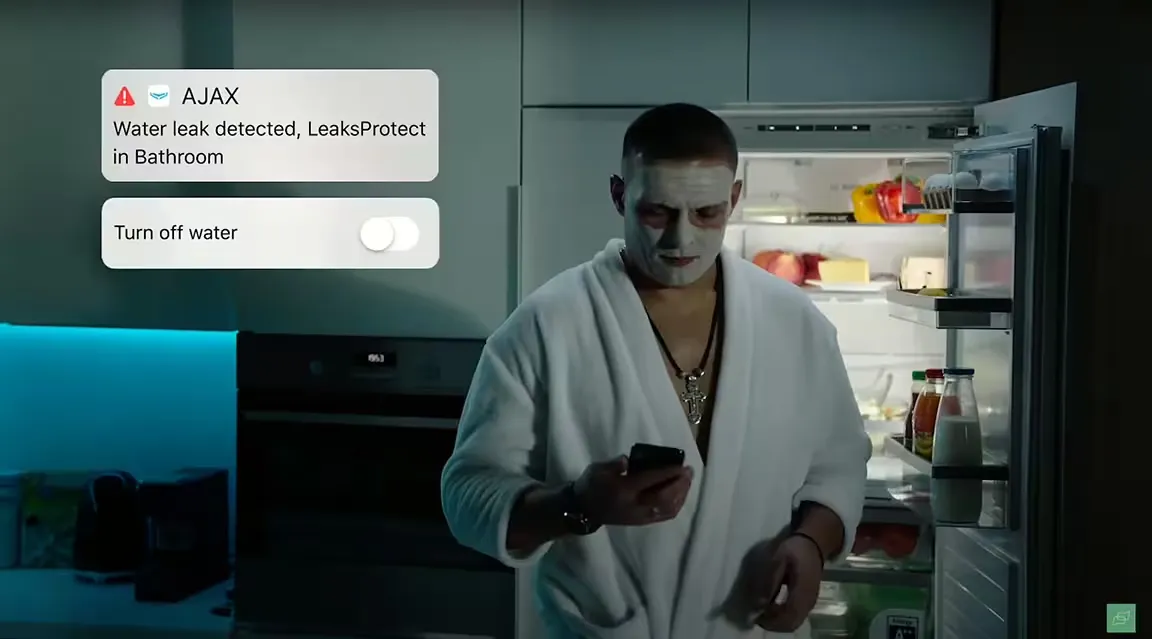
- Why It Matters: Water leaks may not seem as urgent as other threats, but the damage they cause can be just as severe. Homes with basements or properties in regions with older plumbing infrastructure are particularly at risk. Water can silently damage flooring, walls, and furniture, potentially leading to mold and structural issues over time.
- Water Leak Detectors: These devices are designed to alert you to the first sign of water leakage. Positioned in high-risk areas such as basements, kitchens, bathrooms, or near appliances (e.g., washing machines), leak detectors will send an alert to your phone if they detect any unusual moisture.Real-World Scenario: Imagine you’re on vacation, and a pipe under your kitchen sink bursts. Without a water leak detector, you’d likely return to a flooded home. However, with the right system in place, your leak detector would alert you instantly, giving you a chance to address the issue remotely.
- Smart Water Shutoff Valves: Many water leak protection systems integrate with smart water shutoff valves. These valves can automatically stop the water flow if a leak is detected, preventing extensive damage and reducing repair costs.
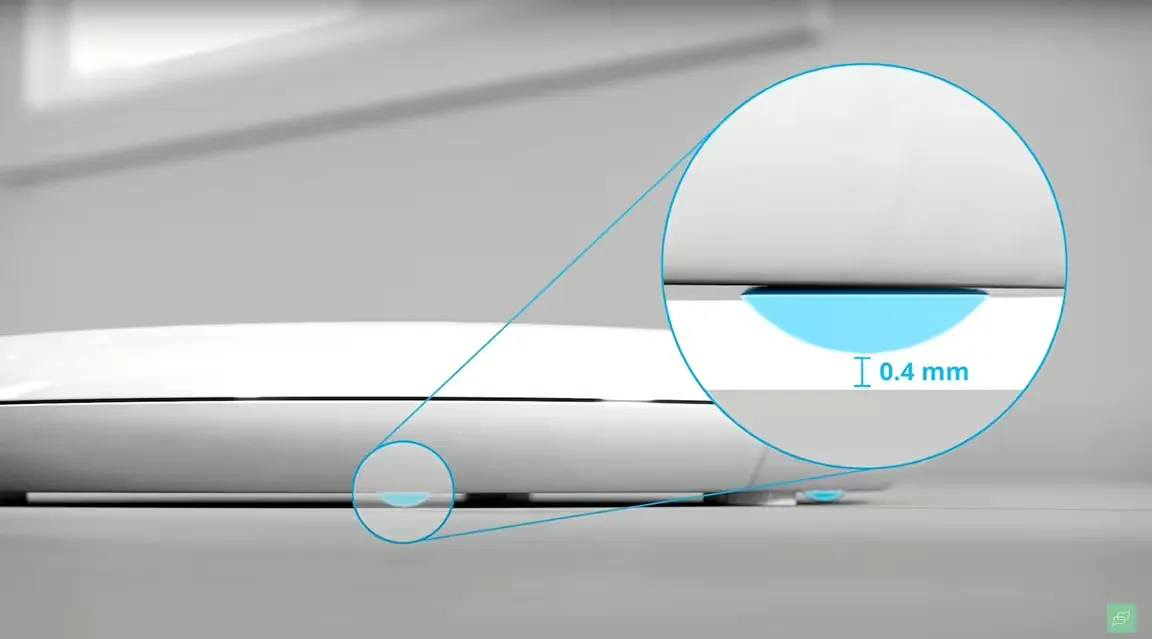
In Summary: Water leak protection adds an essential layer of defense to your home security system. It’s a proactive measure that can save you from potentially catastrophic water damage, safeguarding your home and providing peace of mind even when you’re away.

Connecting to a Monitoring Station: 24/7 Security Oversight
Every security system benefits from an additional layer of human oversight. Connecting your system to a professional monitoring station ensures that there’s always someone ready to respond, no matter what happens. It’s like having a dedicated security guard watching over your home, 24/7.
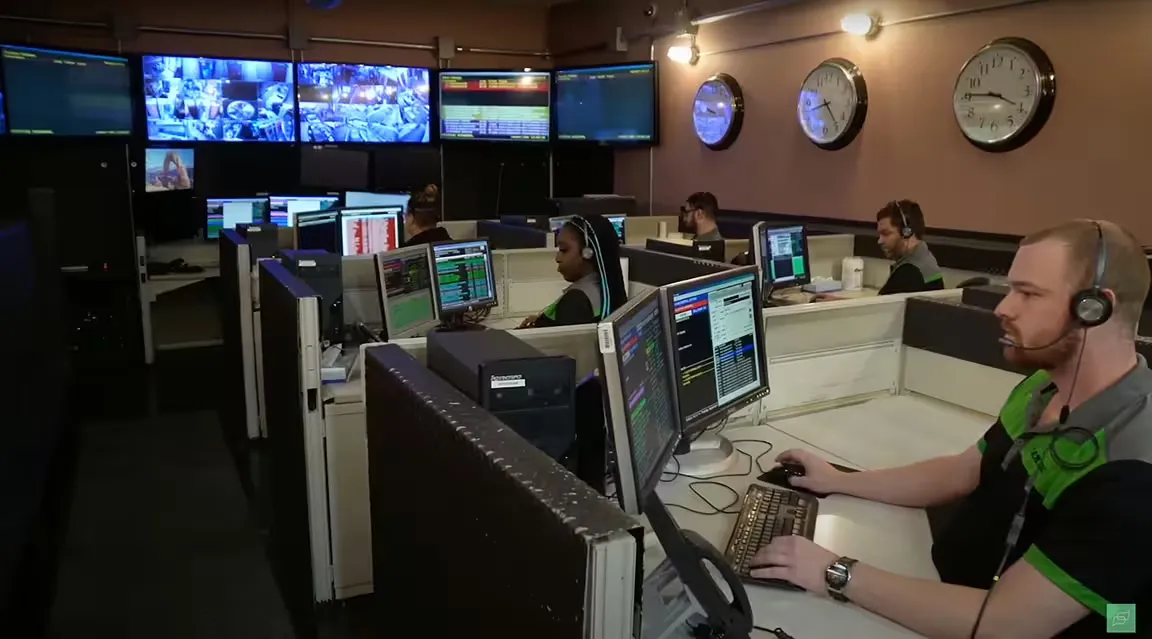
- Immediate Emergency Response: In the event of a break-in, fire, or any other emergency, a monitoring station can respond instantly. This is particularly valuable if you’re unavailable or unable to respond to an alert, as they can dispatch emergency services on your behalf.Example in Action: If your fire alarm is triggered while you’re at work, a monitoring station will receive the alert instantly. They’ll attempt to contact you, and if there’s no response, they can immediately dispatch the fire department to your home, ensuring rapid intervention.
- Round-the-Clock Surveillance: With a monitoring station, your security system is never “off-duty.” This constant vigilance is especially reassuring during vulnerable times, such as when your home is empty for extended periods, or if you’re asleep.
- False Alarm Management: Professional monitoring services can help manage false alarms, reducing the risk of unnecessary emergency dispatches. They’ll verify each alert before taking action, ensuring that real emergencies receive the attention they deserve.
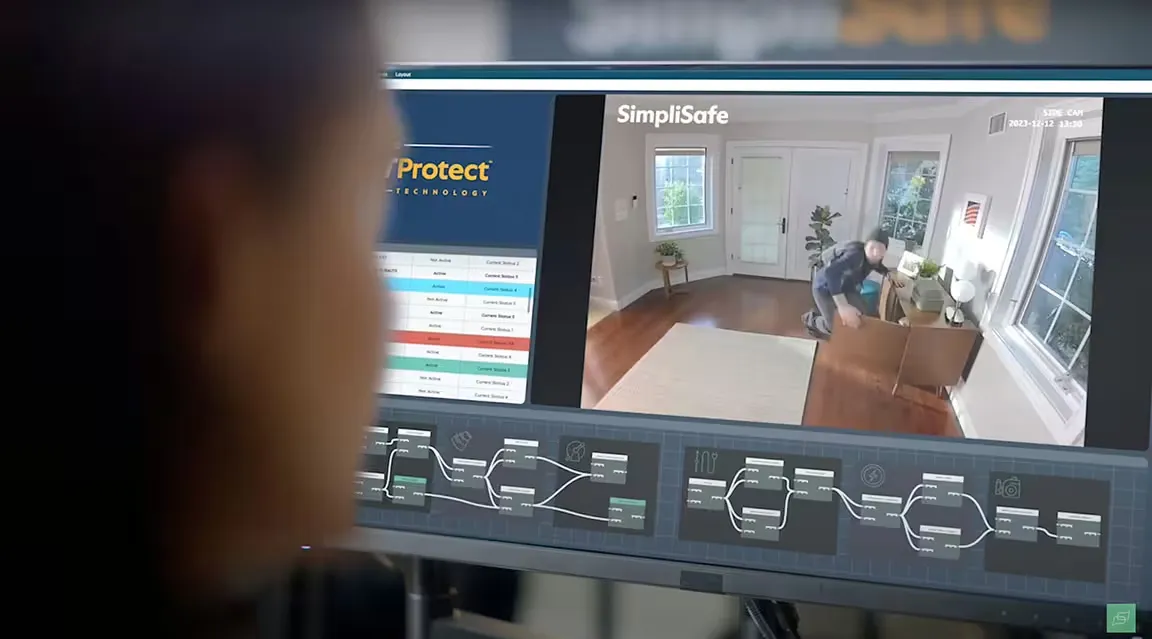
In Summary: Connecting to a monitoring station turns your security system into a truly comprehensive setup. It provides around-the-clock oversight and immediate response capabilities, making it one of the best investments for a fully protected home.

Secret Security Tip: The Power of Redundancy
A well-rounded security system doesn’t only rely on cutting-edge technology; it also has contingency plans. Redundancy is the practice of adding backup systems, like batteries or generators, to ensure that your home remains protected even during power outages.
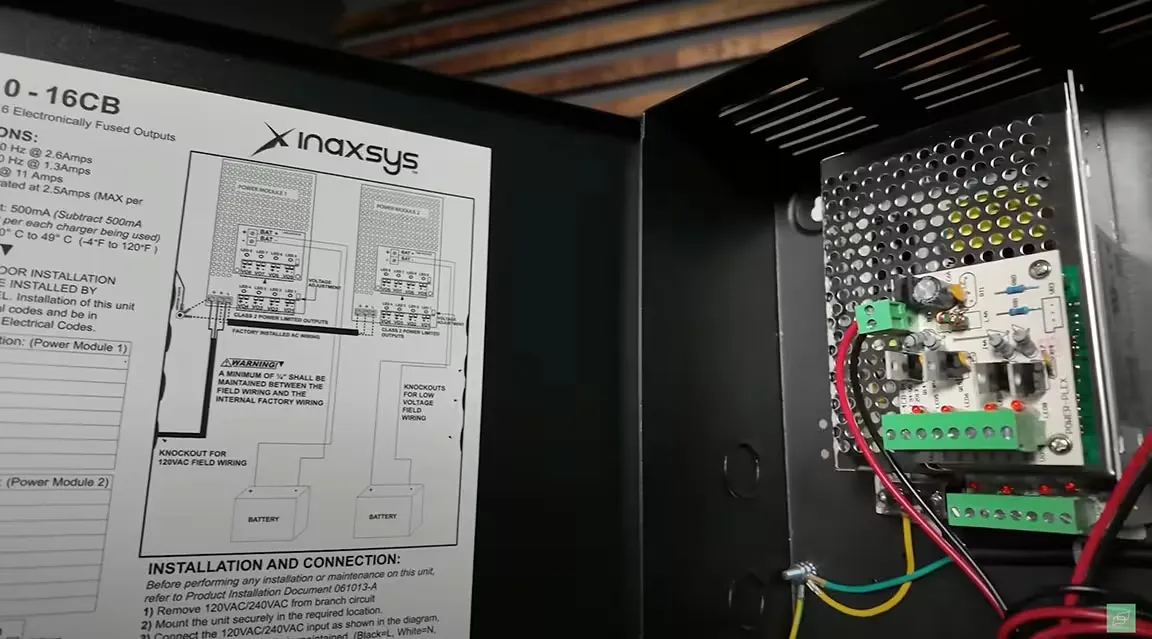
- Why Redundancy Matters: Power outages often occur during extreme weather conditions, such as storms, when security vulnerabilities are at their highest. Without power, security cameras, alarms, and other devices may become inactive, leaving your home exposed.
- Backup Batteries: Many security devices offer battery backups that keep essential components running during an outage. Backup batteries can keep cameras recording and alarms active, maintaining surveillance and protection until power is restored. Example in Action: Picture a thunderstorm that knocks out your neighborhood’s power. Without redundancy, your security cameras would stop recording, and your alarms would be offline. With backup batteries, however, your system remains active, continuing to monitor for intruders or emergencies even in the dark.
- Generators for Extended Outages: For homes in areas prone to long outages, investing in a generator can provide continuous power to your security system. Generators are particularly valuable for large properties with extensive security setups.
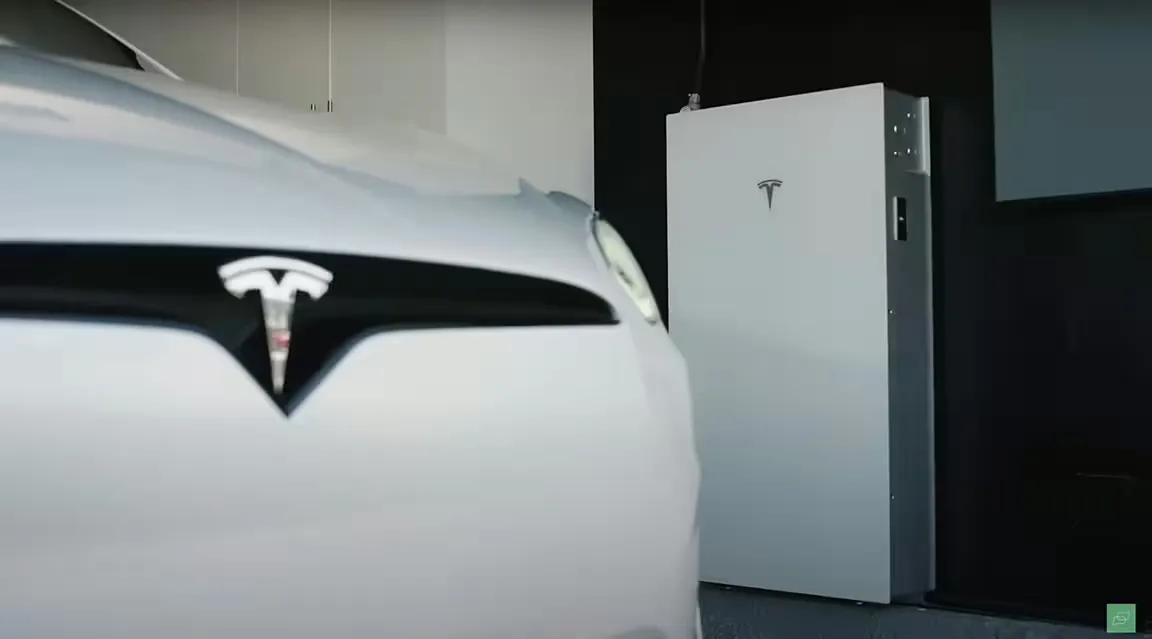
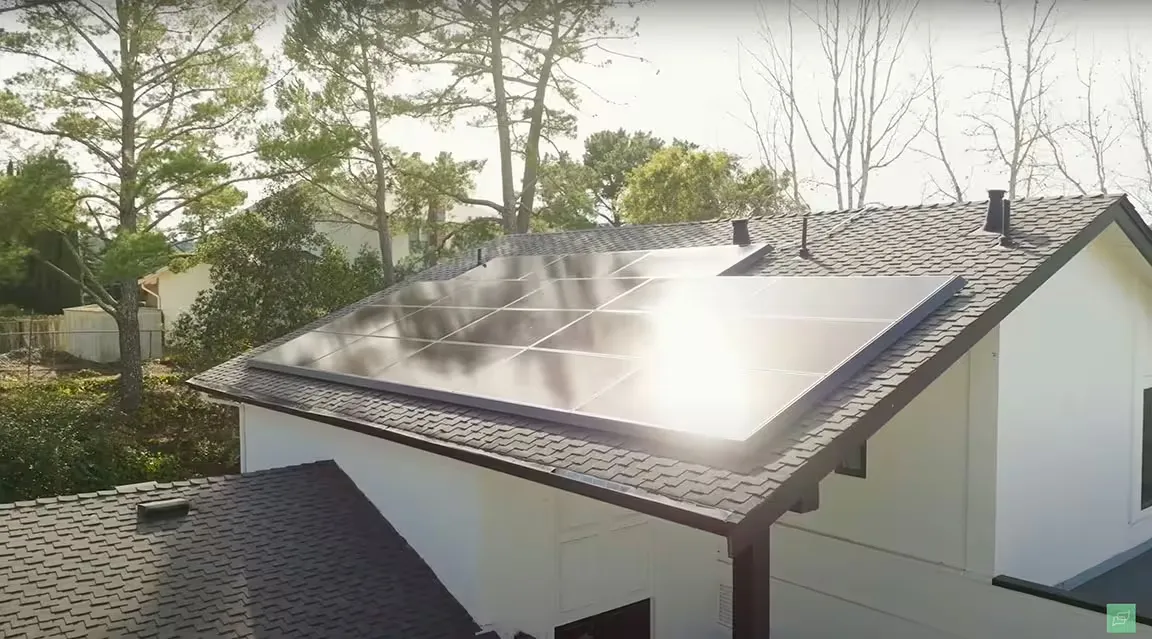
In Summary: Redundancy is a critical “secret” tip that can make all the difference during emergencies. By adding backup power sources, you ensure that your home remains protected, even when the main power supply is disrupted.
What Have We Learned? Building a Comprehensive Home Security System
Home security goes beyond just cameras or alarms; it’s a layered approach that includes multiple systems working together to protect your home from various threats. Here’s a quick recap of the essential components that make up a robust security system:
- Video Surveillance: Keeps a watchful eye on your property, deterring criminals and recording activity.
- Intrusion Detection: Silent guardians that monitor unauthorized entry, alerting you to unusual activity.
- Fire Protection: Detects fires early, giving you precious time to respond and prevent disasters.
- Water Leak Protection: Alerts you to potential water damage, helping you avoid costly repairs.
- Professional Monitoring: Adds 24/7 human oversight, ensuring immediate response during emergencies.
- Redundancy: Provides backup power, keeping your security system operational during outages.
These elements work together to provide a comprehensive shield for your home, safeguarding not only your property but also your peace of mind.
Conclusion: A Call to Protect What Matters Most
The most valuable people and possessions in your life are likely within the walls of your home. With the right security system, you can protect them from a variety of risks, from intruders to fire, water damage, and beyond. By combining video surveillance, intrusion detection, fire protection, water leak detection, monitoring, and redundancy, you’re taking a proactive approach to security.
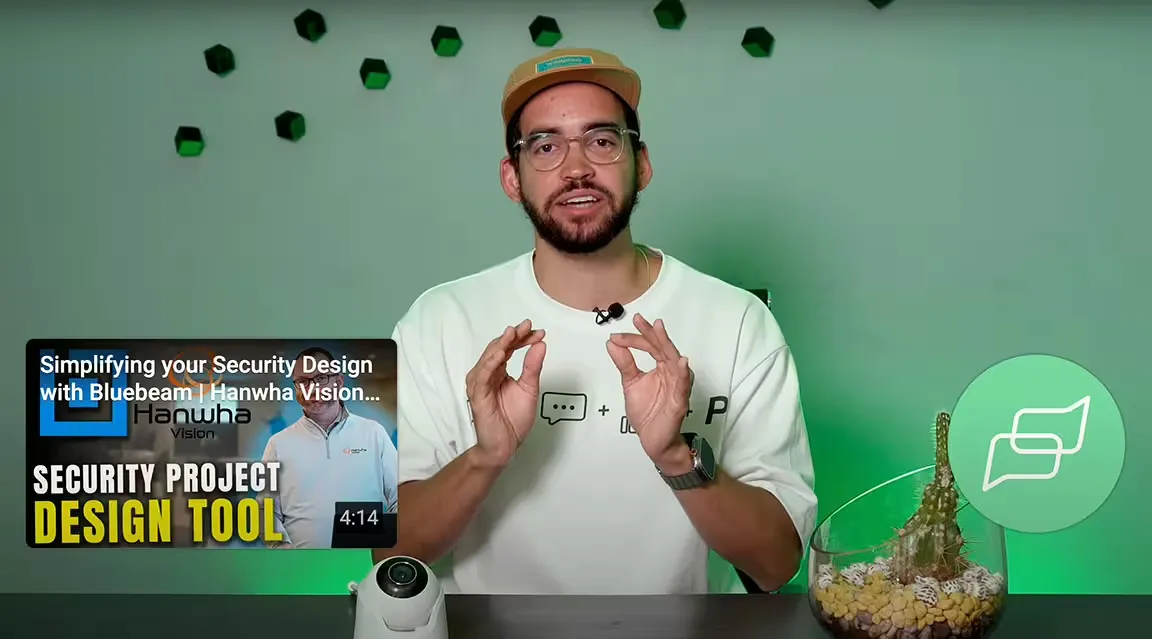
Remember, every home is unique, and so are its security needs. Take the time to assess your property’s vulnerabilities and invest in the systems that will provide the most comprehensive protection. The peace of mind that comes from a well-protected home is invaluable.
Stay Informed! Don’t miss out on the latest security tips and innovations. Subscribe to the Pipl Systems email newsletter to stay up-to-date on industry insights, emerging technologies, and expert advice. Your security journey doesn’t end here—stay connected with Pipl Systems to keep learning how to safeguard your home effectively.
